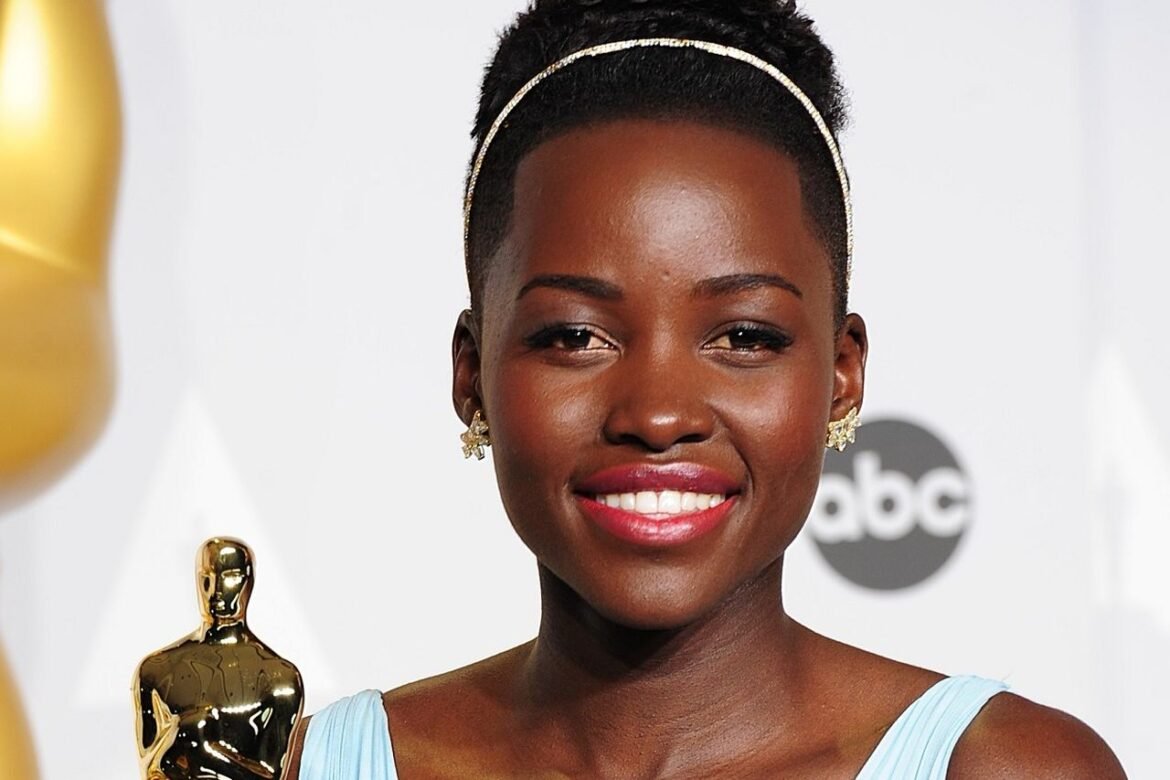Lupita Nyong’o has publicly condemned the Kenyan government for its violent crackdown on anti-tax protests, which have escalated since June 2023. The protests, sparked by controversial tax hikes, were met with police brutality, leading to dozens of deaths and numerous abductions, according to human rights organizations. Lupita Nyong’o, a Kenyan-born actress and Oscar winner, voiced her disapproval of the government’s actions, comparing the situation to past authoritarian regimes in the country.
Nyong’o, whose family has a long history of political activism in Kenya, expressed her concerns during an interview with the BBC. She highlighted her dismay at witnessing the recurrence of repressive tactics, stating, “It is chilling to know that this government is resorting to tactics that I had thought had been left in the past.” Her comments reflect the growing concern over the Kenyan authorities’ handling of the protests.
Lupita Nyong’o’s Personal Connection
Lupita Nyong’o’s condemnation of Kenya’s protest crackdown is not just a celebrity’s critique from afar—her family’s personal history is deeply entwined with Kenya’s political struggles. Her father, Anyang’ Nyong’o, currently serves as a county governor and was a political prisoner during the regime of former President Daniel arap Moi. In the 1980s, he was part of a group of academics and activists who opposed Moi’s authoritarian rule. Lupita’s uncle also disappeared under suspicious circumstances during this period, believed to have been murdered by state agents.
Reflecting on this history, Nyong’o expressed her frustration at seeing similar repression today. “The more things change, the more they stay the same,” she said, adding that she is uncertain how the current situation will evolve. Despite living in the United States, Nyong’o has remained closely connected to Kenya’s political landscape, and her outspokenness on the protest crackdown has sparked conversations both in Kenya and internationally.
Government Response to the Crackdown
The Kenyan government has responded to the criticism by attempting to downplay comparisons between the current administration and past authoritarian regimes. Isaac Mwaura, spokesperson for the government, denied claims of excessive force, stating, “It is not fair to compare two very different administrations.” He further emphasized that the government regrets any deaths that occurred during the protests and promised that anyone responsible for unlawful killings would be held accountable under the rule of law.
Mwaura also highlighted the government’s cooperation with protesters, noting that several demands, including revisions to the controversial finance bill, had been addressed. This bill, which introduced significant tax hikes, was the initial trigger for the nationwide demonstrations. However, despite these concessions, the government continues to face mounting criticism for its handling of the protests, particularly the use of batons, tear gas, and live fire by security forces.
Nyong’o’s Support for Kenya’s Youth Protesters
Lupita Nyong’o praised the younger generation of protesters who have taken to the streets to demand change. “I am deeply grateful for the younger people who are on the front lines fighting for a different Kenya,” she said. Many of these protesters have been calling for more government accountability and a reduction in the financial burden placed on ordinary citizens through higher taxes.
The protests, led by the opposition and civil society groups, have gained widespread support across Kenya. However, the police crackdown has made the situation increasingly volatile, with rights groups documenting a growing number of casualties. Nyong’o’s condemnation comes at a critical time as international attention is drawn to Kenya’s handling of dissent.
A Broader African Perspective
Nyong’o’s concerns about Kenya’s political trajectory were also highlighted in a recent episode of her podcast, Mind Your Own, where she recounts her father’s experiences under Moi’s repressive regime. The podcast, which features stories from across the African continent, aims to share lesser-known, real-life experiences from Africans. In the episode titled “The Freedom Fathers,” Nyong’o touches on the themes of political oppression and the struggle for freedom, emphasizing the ongoing fight for justice in Kenya.
While the podcast focuses on diverse stories from Africa, Nyong’o acknowledges that some themes, such as conflict and government oppression, remain deeply relevant across the continent. By highlighting these stories, she hopes to shed light on the resilience of African people in the face of adversity.
Conclusion
Lupita Nyong’o’s condemnation of Kenya’s protest crackdown adds a significant voice to the growing concerns over the government’s response to dissent. As police brutality and political repression resurface, Nyong’o’s critique draws attention to the need for transparency and justice in Kenya. The protests, initially sparked by tax hikes, have evolved into a broader movement against government overreach and inequality. With international figures like Nyong’o calling for change, the pressure on the Kenyan government to address these concerns continues to mount.
Nyong’o’s advocacy, both through her public statements and her podcast, underscores her commitment to the ongoing struggles in Kenya, as she continues to use her platform to highlight issues of justice and human rights in her home country.
Stay connected to know more on arcnews.online for global news like Lupita Nyong’o Condemns Kenya Protest Crackdown Amid Rising Tensions. For videos updates visit our YouTube. Do subscribe to Arcnews to get latest updates directly in your mail box.
Have A Great Day.


